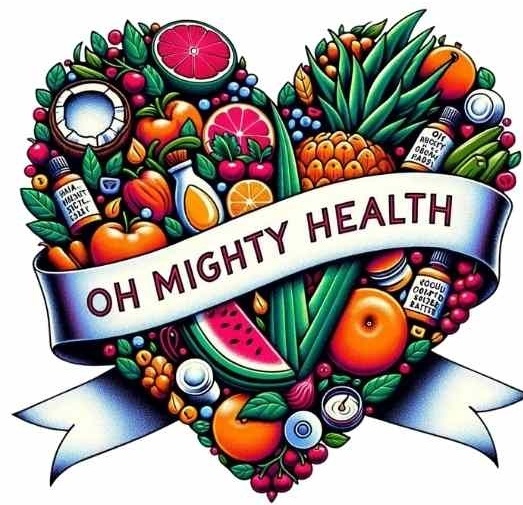Explore more in-depth insights across various aspects of natural health and beauty in our comprehensive Glossary Hub.
Glossary of Acronyms & Jargon
- Antioxidant: Substances that prevent or slow damage caused by free radicals.
- Aromatherapy: The use of aromatic plant extracts and essential oils for healing and cosmetic purposes.
- Biodegradable: Products that can be broken down naturally in the environment without causing harm.
- Broad-Spectrum: Sunscreen that provides protection against both UVA and UVB rays.
- Carrier Oil: A neutral oil used to dilute essential oils for safe topical application.
- Cruelty-Free: Products developed without any testing on animals.
- Dermatologically Tested: Products tested by dermatologists for skin compatibility and reactions.
- EOs (Essential Oils): Concentrated plant extracts used in various products for aroma and therapeutic properties.
- FDA Approved: Products or ingredients approved by the Food and Drug Administration for safety and efficacy.
- GMO-Free: Products made without genetically modified organisms.
- Herbal Extract: A concentrated substance extracted from herbs, used for its therapeutic properties.
- Holistic: A form of healing that considers the whole person, including mental and social factors, rather than just symptoms.
- Homeopathic: A system of alternative medicine based on the principle of treating “like with like.”
- Hypoallergenic: Products formulated to have a reduced risk of causing allergic reactions.
- Micellar Water: A skincare product that contains micelles, which trap and remove dirt and makeup from the skin.
- Non-Comedogenic: Products formulated to not clog pores, reducing the risk of acne.
- Organic: Products made from ingredients grown without the use of pesticides, synthetic fertilizers, or genetically modified organisms.
- Paraben-Free: Products made without the use of parabens, which are preservatives potentially linked to health risks.
- pH Balanced: Products formulated to maintain a certain level of acidity or alkalinity, matching the natural pH of the skin or hair.
- Phytochemicals: Chemical compounds produced by plants, often with health benefits.
- SPF (Sun Protection Factor): A measure of how well a sunscreen will protect the skin from UVB rays.
- Sulfate-Free: Products, especially shampoos and soaps, that do not contain sulfates, which are harsh cleaning agents.
- Therapeutic Grade: A term often used to describe the quality of essential oils, though not regulated or standardized.
- Toxin-Free: Products made without harmful chemicals or substances.
- Vegan: Products made without any animal-derived ingredients or by-products.
- Vitamins: Organic compounds essential for normal growth and nutrition, frequently used in skincare and supplements.

